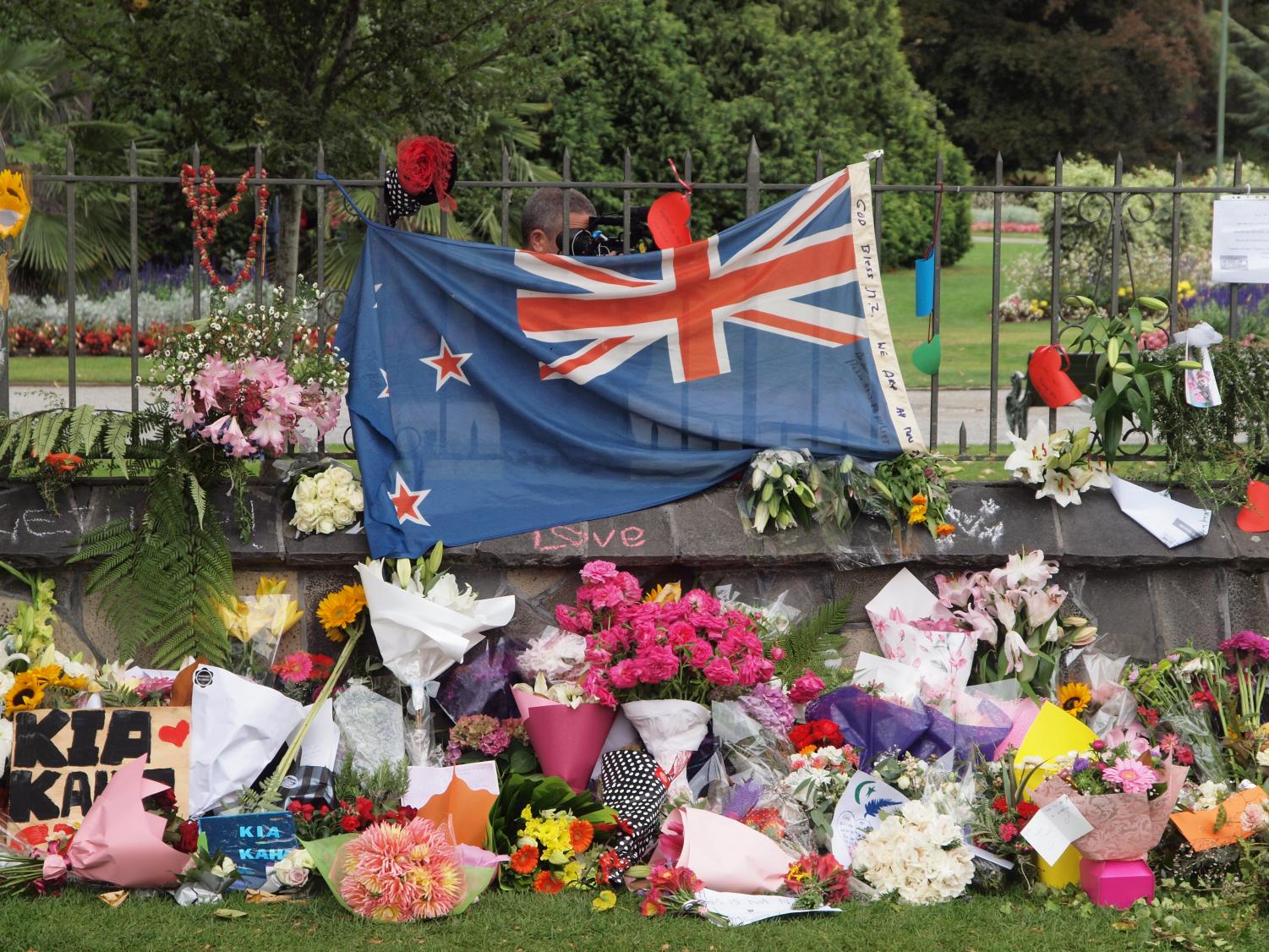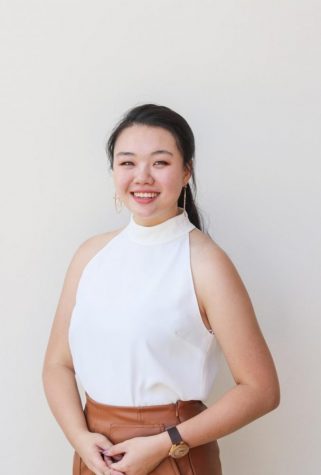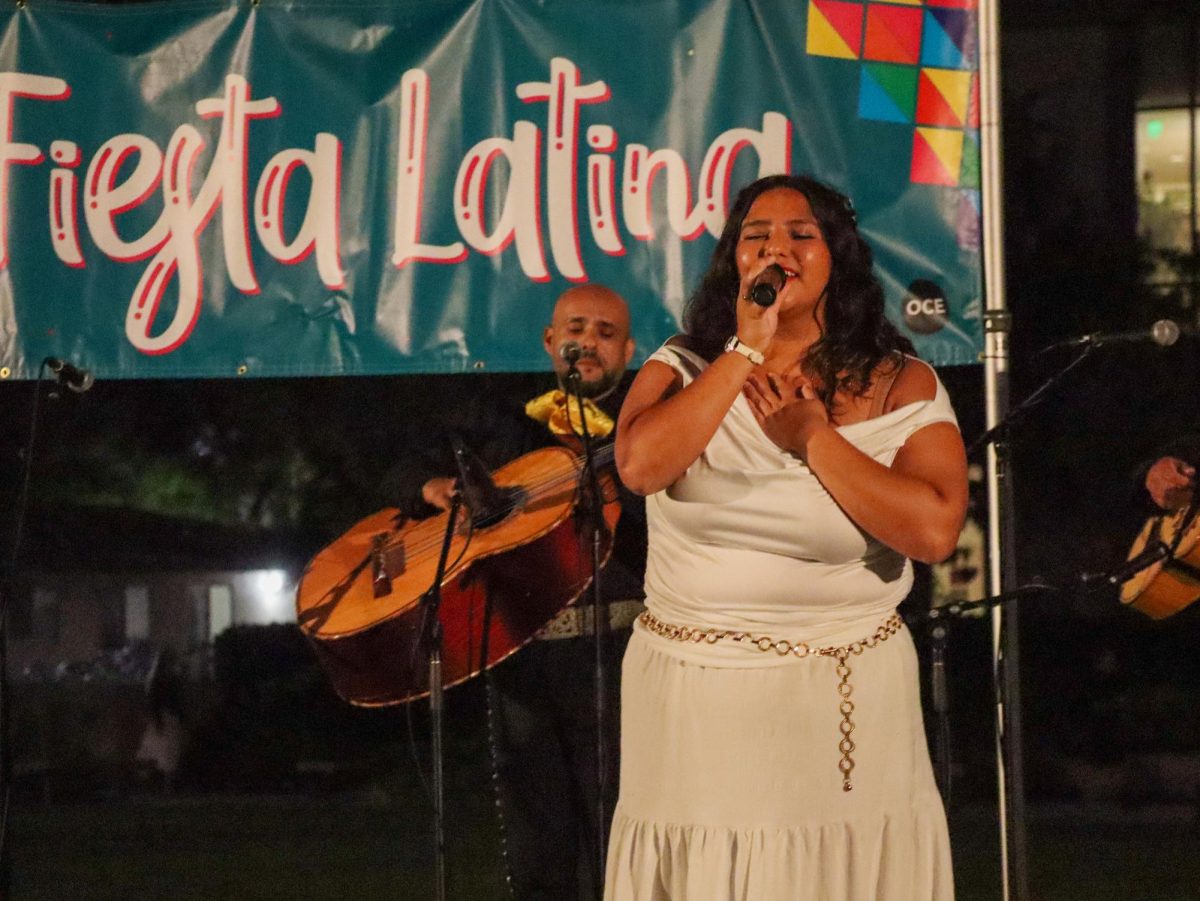On Friday, March 15, what was supposed to be a regular worship service turned into a horrifying 36 minutes of desperate calls to the police when a shooter took the lives of 50 individuals and injured 50 others at two mosques in Christchurch, New Zealand. The tragedy has seeped its way into Biola as students are forced to confront national headlines that involve a religious group different from their own.
“Growing up I never had [many] interactions with Muslims, but it doesn’t matter their religious background. What happened is still terrible. My heart goes out to them,” said senior nursing major Elizabeth Simon.
WORDS FROM A MUSLIM CONVERT
Over the last three days, news of the mass shooting has spread. Though some people are reaching a closure to this tragedy, the impact remains fresh for many students, including sophomore philosophy major Gavin Susantio, who was formerly a Muslim until two years ago.
“I was very shocked and heartbroken to the point of mourning because of both the violence and racism. It’s devastating for me, even as a Christian,” Susantio said. “I deeply resonate with Muslims, and they don’t deserve the hatred and phobia from the violent, nor the racist, nor even the Christians.”
Susantio shared about the Jumu’ah, the Islamic congregational prayer time during which the shooter chose to act. The Jumu’ah takes place every Friday just after noon. Jumu’ah is a strict procedure that includes having to dress modestly, do a washing ritual, pray with repetitive body movements, complete Arabic recitations and face the same direction. According to Susantio, this prayer time to Muslims is similar to going to church on Sunday for Christians, except more disciplined.
“[As a Muslim, I was] obligated to attend. However, it is still a beautiful gathering,” Susantio said. “You greet one another and do the ritual and prayer together. On your left, you could have a wealthy Muslim of your ethnicity, and on your right, a poor Muslim of another tribe. I get to see them every Friday as equals—no matter your skin color or social class, getting a sense of unity in diversity in worshipping the same God the same way.”
Susantio says he yearns for people, especially Christians, to not be caught up in Islamophobia.
“The most loving, harmonious people I’ve met are Muslims, and I know there are loving Muslims who were tragically killed in the shooting. It’s just tragic,” Susantio said.
CLOSE TO HOME
Empathizing with the victims of a tragedy that happened a 12-hour flight away can be hard for some students. But for New Zealander and senior business major Alexander Talma, the news of Christchurch’s shooting hit home.
“Shock and devastation were the first emotions to hit me when I heard the news. I just couldn’t believe it,” Talma said. “Something as terrifying as this is not characteristic of New Zealand, much less the beautiful city of Christchurch.”
New Zealand’s Muslim community holds a little over one percent of the country’s population, which holds to approximately 50,000 people. A few accounts of Islamophobic acts against the minority religion have been reported across the years. However, in terms of fatalities, the shooting is by far the deadliest tragedy to have struck.
“As a whole, New Zealand is a very diverse and accepting nation towards everyone, regardless of background and religion and we take pride in that. I never noticed hate on any level amongst the people of New Zealand that I have met,” Talma said.
In a press conference, New Zealand’s Prime Minister Jacinda Arden expressed her condolences to the victims of the shooting.
“New Zealand mourns with you, we are one,” Arden said when asked to address the Muslim community, according to the BBC.
Arden did not hesitate to act on the changes she promised in her press conference. As of 20 March, New Zealand started an effort to ban all military style weapons. According to the BBC, Arden hopes to have the ban in place by April 11.
LOVE THY NEIGHBOUR
News of the shooting left another a group of students devastated in a more personal way. Salam ministry is an educational on-campus ministry under Spiritual Development intended to educate students regarding ministry to Muslims. Salam means “peace” in Arabic, and the goal of Salam is to encourage Biola students to build peaceful relationships with Muslims and show them the love of Jesus, according to sophomore biblical and theological studies major and Salam’s president, Sidney Livingston.
Livingston hopes that this tragedy will fill students with a desire to understand Muslims more and view them as people who bear the image of God.
“I hope that Biola students would hear this news and respond with soft hearts and compassion,” Livingston said. “I pray that there would be humble conversations around Biola’s campus as people hear about this news, and that some would be stirred up to the calling of ministering to Muslims.”
Salam student leader and sophomore biblical and theological studies major Sarah Lee also took news of the shooting with a heavy heart.
“Because I know Muslim families and I have a friend who was affected by what happened, in a way, I was affected too,” Lee said, “This is the first time hate crime against Muslims have made it to international news so in a way I’m grateful for the awareness this brings.”








